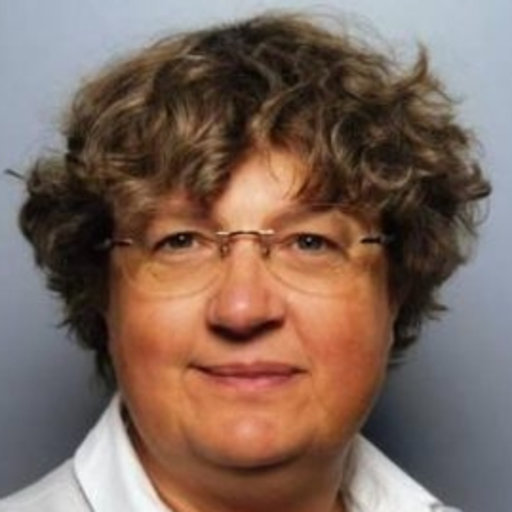This prize is awarded jointly by the EPS Plasma Physics Division and the Plasma Physics and Controlled Fusion (PPCF) journal of IOP Publishing to exceptional plasma physicists in the early stages of their careers. The prize is funded by PPCF.

The award is named after Prof. Dr. Sylvie Jacquemot from the Laboratoire pour l’Utilisation des Lasers Intenses (LULI) located at École Polytechnique, France. Her scientific research encompasses plasma physics and related high-energy-density applications, in particular inertial fusion sciences and X-ray laser physics. She chaired the EPS Plasma Physics Division Board from 2012 – 2016. Currently, she is the Coordinator of the Laserlab-Europe Consortium which brings together 35 leading organisations in laser-based inter-disciplinary research from 18 countries.
Background
Eligibility
Eligible nominees for the EPS – PPCF Sylvie Jacquemot Early Career Prize are persons of any nationality, based in any country, who have made a substantial contribution to plasma physics and who, on January 31 in the year of the award, have less than six years of work experience following the award of a doctoral degree or less than ten years of experience in full-time research. These periods of eligibility can be extended to take account of career breaks if documentary evidence for them is provided.
Nominees and nominators do not need to be members of the EPS, and self-nominations will be accepted. However, nominees and nominators cannot be current members of the EPS Plasma Physics Division Board.
Award
In addition to receiving a prize and a certificate, the winner will be invited to give a talk on their work at the annual EPS Conference on Plasma Physics.
Each nomination needs to include:
- Name and contact details of the nominator
- Name and contact details of the nominee
- Short citation (up to 200 characters)
- Long citation (up to 2,500 characters)
- Short biography of the nominee (up to 5,000 characters)
- Supporting evidence (up to 2,500 characters) including a list of up to 5 publications, talks, and/or patents after obtaining a PhD (or over the six years prior to January 31 in the year of the award if the nominee does not have a PhD).
- Documentary evidence for career breaks if an extension of the eligibility period is requested. An English translation should be attached if the documentation is not in that language.
- Contact details of two referees and their supporting statements (up to 300 words each)
The international physics community has a diverse and global membership, and both nominees and recipients of EPS awards need to reflect that diversity to ensure that all physicists have an opportunity to be recognized for their impact in the field. Nominations of individuals from groups historically underrepresented in physics, including women, LGBT+ scientists, scientists from Black or other minority ethnic backgrounds, scientists who are refugees or have been displaced, disabled scientists, and scientists from institutions with limited resources, are especially encouraged.
Nominees for and holders of EPS awards are expected to meet certain standards of professional conduct and integrity. They have an obligation to avoid fabrication, falsification and plagiarism, and they have an obligation to treat people well. This prohibits abuse of power, requires fair and respectful relationships with colleagues, subordinates, and students, and eschews bias, whether implicit or explicit. Violations of these standards may disqualify people from consideration or cause revocation of awards.
Nominations are now open for the 2026 prize. Please send your nominations using this typeform link by Friday October 31st 2025: https://form.typeform.com/to/KaPc6wa9
The referees must send their statement of support using this typeform, also by Friday October 31st 2025: https://form.typeform.com/to/JNij4AtS
If you have any questions, please do not hesitate to contact us by email using the address epsjacquemot@bsc.es.
Previous prize winners
